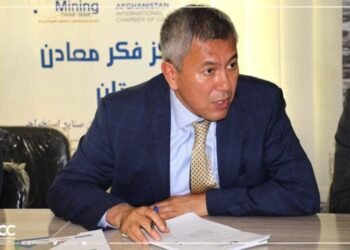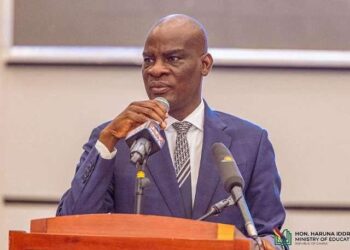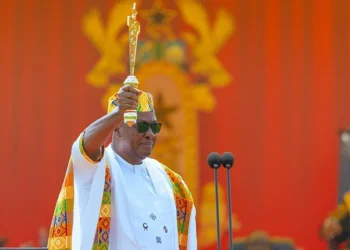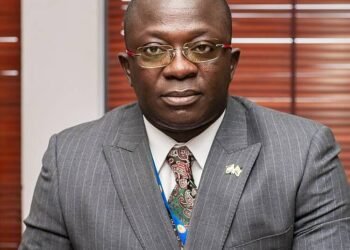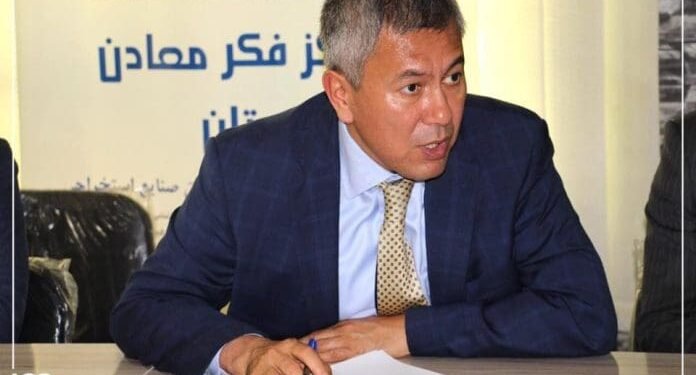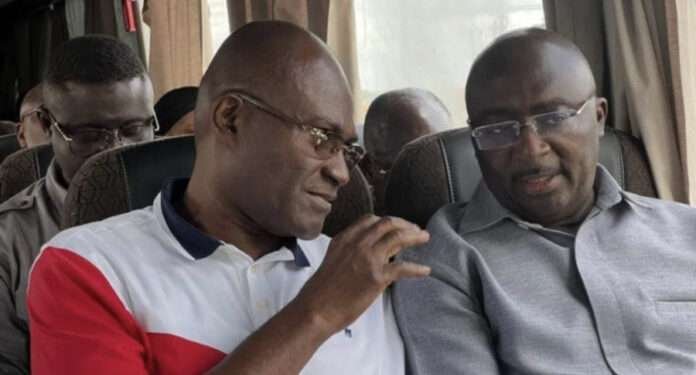A fresh wave of political dissent has emerged in Ghana over the recently introduced fuel tax, as the Economic Fighters’ League has sharply criticized the move, calling it a “symptom of structural injustice” that exploits the majority while shielding the privileged.
Commonly referred to as the Dumsor Levy or D-Levy, the 1 Ghana Cedi charge per litre of fuel has triggered outrage for what activists see as a betrayal of public trust and a deepening of inequality.
In a public statement, the Economic Fighters’ League, a radical advocacy group focused on economic liberation, slammed the measure as unnecessary and unethical.
According to the group, this fuel tax is not driven by financial necessity but by political convenience. “This fuel tax is not a necessity. It is a choice. And it is the wrong choice.”
The Fighters noted that their stance toward the current NDC administration, led by President Mahama, has been deliberately tempered and measured.

“In our official message congratulating them upon re-election, we reaffirmed our commitment to a principled path: to praise where praise is due and to criticize where criticism is necessary.”
Economic Fighters’ League
However, the group argues that the rushed and opaque passage of the D-Levy represents a clear betrayal of the popular will.
The Fighters accused the government of staging a legislative ambush: drafting the bill behind closed doors, distracting the public with strategic giveaways, and ultimately passing the measure under a veneer of urgency, all without public consultation. “To do this while invoking the language of ‘patriotism’ is not just bad faith. It is cynical manipulation.”
Group Blasts Elites For Shifting Burden
Drawing comparisons to post-war Japan, the Fighters lamented that, unlike the Japanese government’s transparent rebuilding efforts, Ghana’s leadership opts for what they describe as a “top-down imposition.”
In their view, the levy is merely the latest in a series of policy choices that place disproportionate pressure on working-class citizens while allowing elite corruption and mismanagement to fester.
The statement also questioned whether the electorate’s decision to remove the NPP government—seen by many as arrogant and disconnected—has merely led to a new administration repeating the same errors under a different banner. “Let us state clearly that Ghana is not poor. Ghanaians are not poor. We are robbed.”

Backing their claims with figures, the group pointed to the over $1.17 billion earned in a single month through partial state control of gold exports.
The Fighters argued that full national ownership of Ghana’s natural resources—including gold, oil, lithium, and bauxite—would be sufficient not only to cancel national debt but also to fund sustainable economic development. “We must nationalise to liberate.”
According to the League, the key lies in ending the export of raw materials and transitioning to a value-added industrial economy.
They advocated for domestic processing and equitable trade policies that are not dictated by foreign interests.
This, they argued, is the only way to escape what they term a cycle of “nuisance levies, broken promises, and economic dependency.”
Referencing revolutionary leaders like Kwame Nkrumah, Muammar Gaddafi, and Thomas Sankara, the group invoked the example of Burkina Faso under Captain Ibrahim Traoré as a model for reclaiming sovereignty and self-determination through resource nationalism.
“Let Ghana rise again. Abolish the D-Levy. Nationalize the wealth. Secure the people’s future.”
Economic Fighters’ League
Call For Economic Reforms Amid Fuel Tax Saga
In a sharp rebuke to both major political parties, the Fighters condemned what they see as political opportunism from the opposition NPP, who now claim to oppose the D-Levy.
“That they would hijack the slogans of the people only confirms what we have long said; the enemy is not just the parties, but the system itself, hollowed of principle and rich in opportunism.”
Economic Fighters’ League
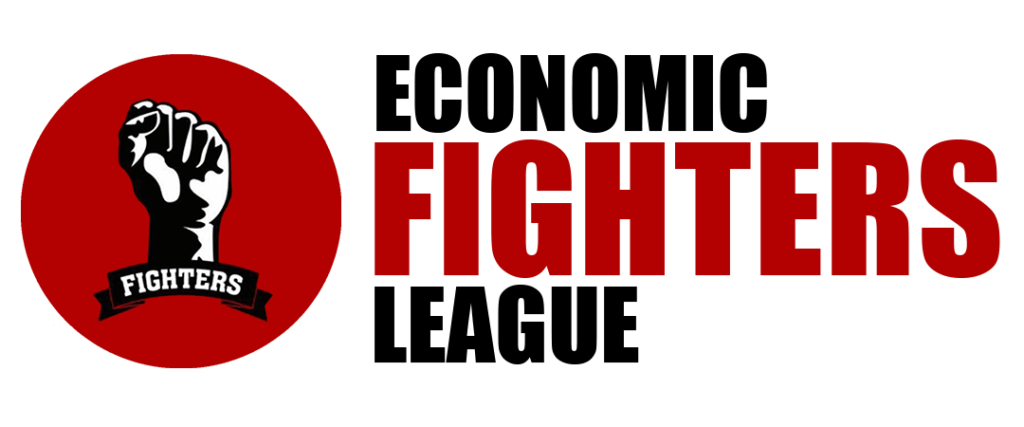
According to the group, the entire political structure—regardless of who is in power—consistently enacts policies that burden the masses and protect elites.
If the NDC is genuinely committed to doing things differently, the Fighters argued, then it must reject outdated economic frameworks inherited from past regimes.
They called for the abolition of ex-gratia payments, the end of regressive taxation policies, and a radical engagement with citizens that prioritizes justice and dignity over political expediency. “The people of Ghana do not need another tax. We need a new economic order.”
As part of their core demands, the Fighters called for bold and immediate action: Abolish the D-Levy, nationalise Ghana’s wealth, and restore power to the people.
READ ALSO: Bank of Ghana Pursues Financial Independence, Cuts Budget Support




